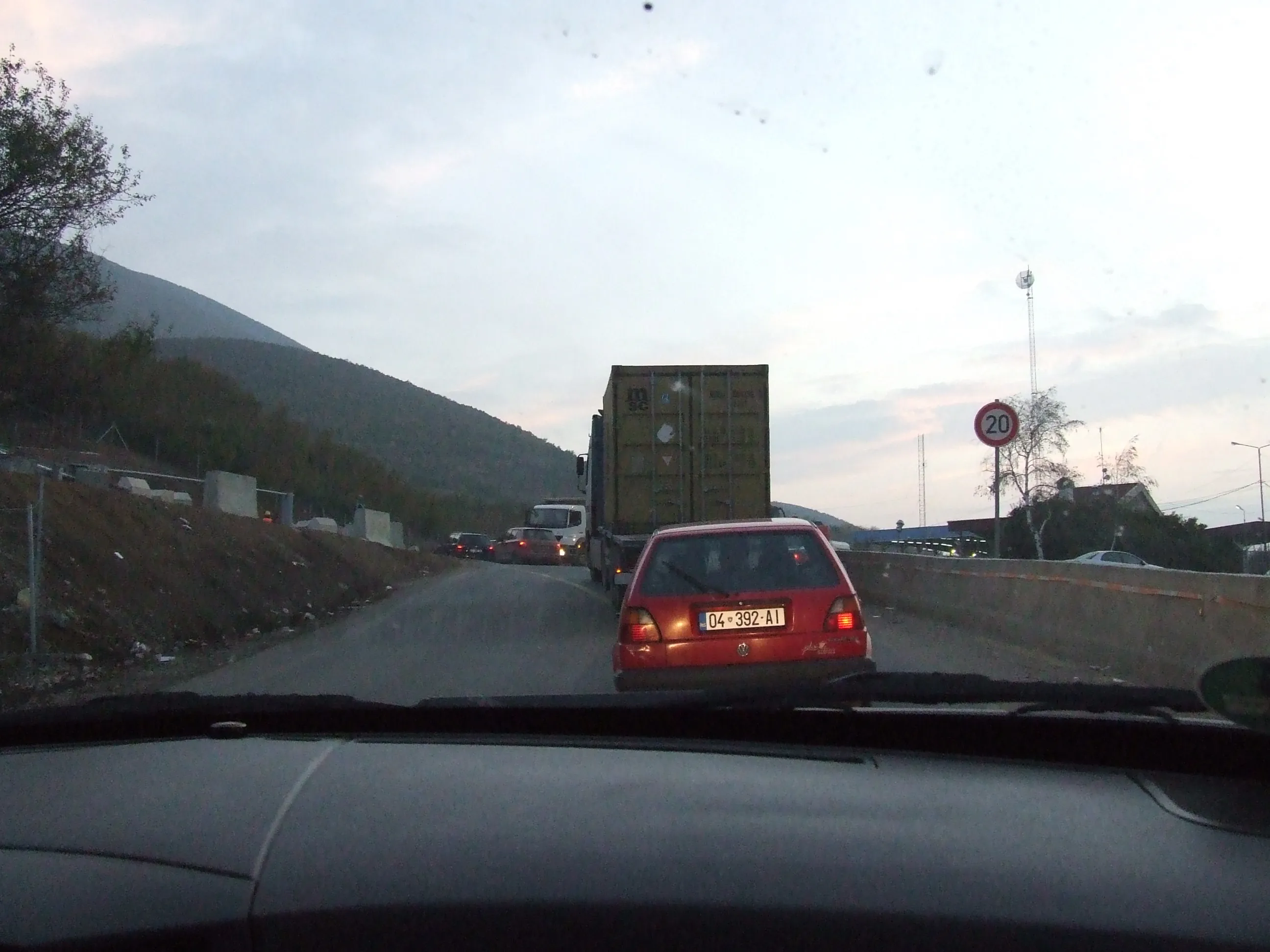An ambitious plan to boost transport infrastructure in Africa is being unveiled at the inaugural Africa Roads & Rail Infrastructure Summit 2010 is being held in Kigali, Rwanda from 22nd-23rd April. International transport specialists will focus on the region along with key decision makers from African governments, the World Bank and economic communities.
February 9, 2012
Read time: 2 mins
An ambitious plan to boost transport infrastructure in Africa is being unveiled at the inaugural Africa Roads & Rail Infrastructure Summit 2010 is being held in Kigali, Rwanda from 22nd-23rd April. International transport specialists will focus on the region along with key decision makers from African governments, the World Bank and economic communities. These will join with senior executives from major road companies, engineering and construction groups, project financiers, investors, development banks and funding agencies to fast-track and integrate transport plans for African countries. Opportunities for business, trade, investment, finance, project facilitation and deal structuring will feature. The summit is hosted under the patronage of the 2468 Rwanda Ministry of Infrastructure & the 2470 Rwanda Development Board. The Minister of Infrastructure, Vincent Karega, will officiate at the opening of the Summit. He commented, "Rwanda is in much need of infrastructure including roads and others. Infrastructure development is one of the major areas I will focus on as well as appropriate maintenance strategies that are sustainable to our economic development."
Transport authorities and ministries from Ethiopia, Botswana, Kenya, Uganda, Zambia, Malawi and Tanzania will showcase upcoming projects and investment opportunities. Citadel Capital, the largest private equity firm in Africa with investments of more than US$8.3 billion, is the lead sponsor of the event. State of the art technologies in efficient road tolling systems for road infrastructure financing will be discussed by Session Sponsor310 Q-Free from Norway.
Transport authorities and ministries from Ethiopia, Botswana, Kenya, Uganda, Zambia, Malawi and Tanzania will showcase upcoming projects and investment opportunities. Citadel Capital, the largest private equity firm in Africa with investments of more than US$8.3 billion, is the lead sponsor of the event. State of the art technologies in efficient road tolling systems for road infrastructure financing will be discussed by Session Sponsor









